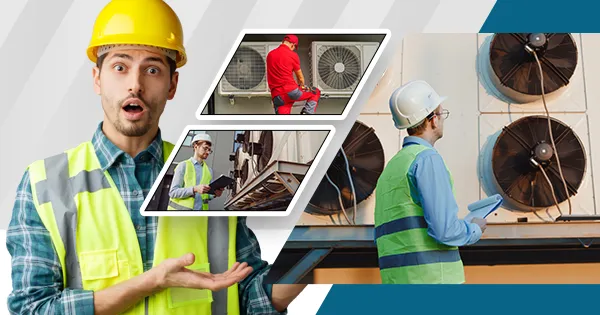HVAC systems are the unsung heroes of indoor comfort, but without proper care, their performance can quickly decline. Whether in a commercial facility or residential space, ensuring optimal HVAC efficiency is vital for cost savings, energy conservation, and occupant comfort. Below are expert strategies to help you get the most out of your HVAC system.
1. Schedule Regular Maintenance
Routine check-ups by certified technicians help identify and resolve minor issues before they escalate. This includes inspecting filters, ducts, refrigerant levels, and mechanical parts. Incorporating professional building maintenance services can streamline these inspections, ensuring all components are consistently operating at peak performance.
2. Upgrade to Smart Thermostats
Smart thermostats enable precise control of your HVAC system, learning usage patterns and making automatic adjustments for energy efficiency. They also offer remote access and detailed usage reports, empowering users to make informed decisions about climate control.
3. Ensure Proper Insulation and Sealing
Poor insulation and air leaks force HVAC systems to work harder. Properly sealing windows, doors, and ducts prevents heat loss in winter and retains cool air in summer, significantly enhancing efficiency.
4. Clean and Maintain Air Ducts
Dust, debris, and mould in air ducts hinder airflow and reduce system effectiveness. Regular cleaning, especially in commercial kitchens or food facilities, is essential. This is where specialised services like kitchen exhaust duct cleaning play a vital role in maintaining air quality and reducing fire risks.
5. Replace Filters Regularly
Dirty filters obstruct airflow and cause your HVAC system to work harder than necessary. Replacing or cleaning filters every 1–3 months is one of the simplest yet most effective ways to boost efficiency.
6. Monitor Energy Consumption
Keep an eye on energy bills and usage trends. A sudden spike might indicate HVAC inefficiency. Advanced energy monitoring tools can help pinpoint inefficiencies and guide corrective actions.
Conclusion
Optimising your HVAC system doesn’t require a complete overhaul—just consistent care and smart upgrades. From routine inspections to targeted duct maintenance, small steps can lead to significant improvements. By leveraging expert services such as building maintenance and exhaust duct cleaning, you can ensure your HVAC system runs smoothly year-round.


